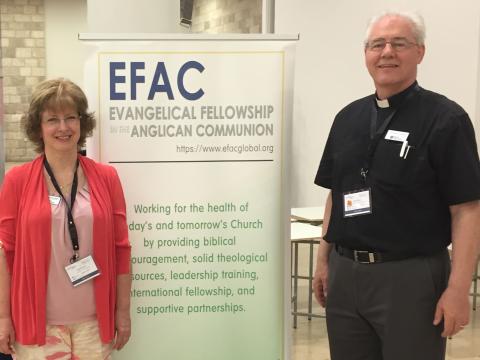Faculty Book Suggestions for New Theological Students
We surveyed the faculty members at Wycliffe College for recommendations of books and resources that new theological students (or those considering further theological study) ought to read, and here is a list of them by category!
Biblical Studies
1. Mark S. Gignilliat, Reading Scripture Canonically (Baker Academic, 2019). "It's meant to be a basic introduction by a veteran teacher . . ." (Professor Chris Seitz)
Read more








